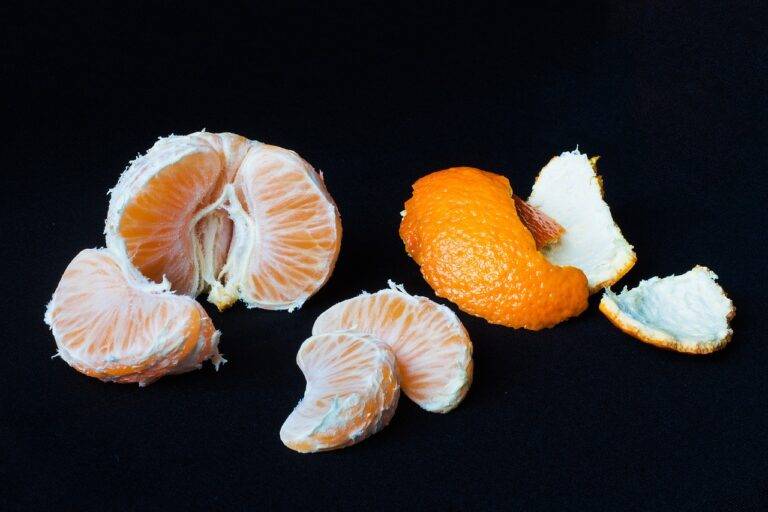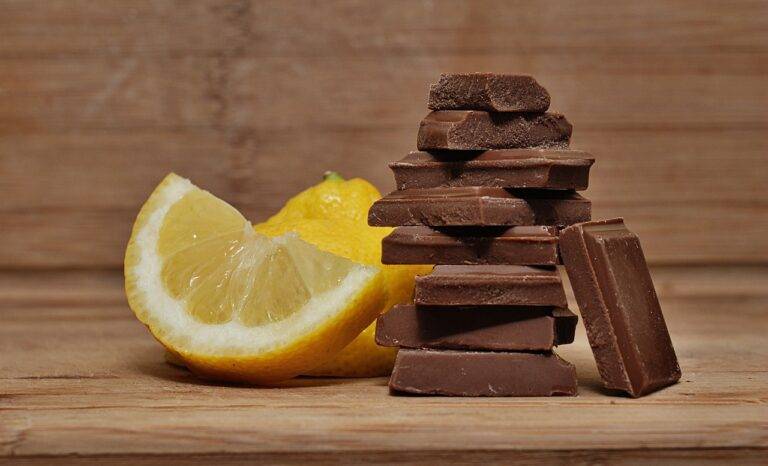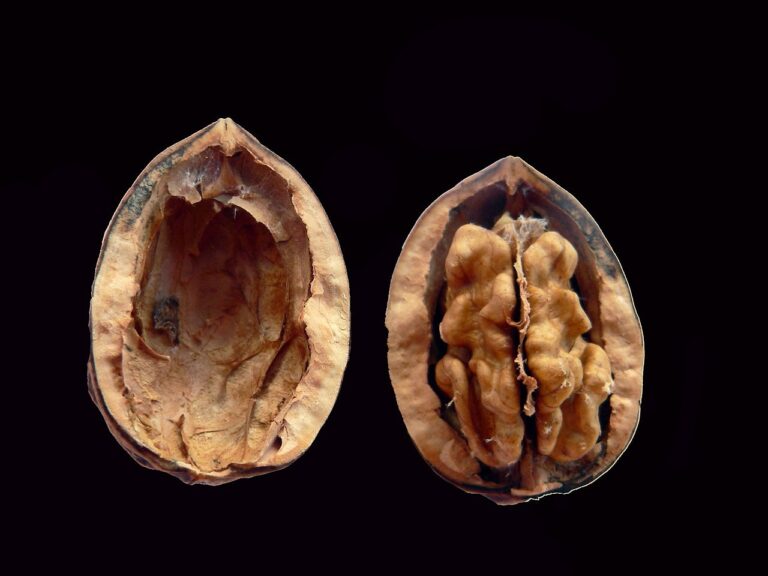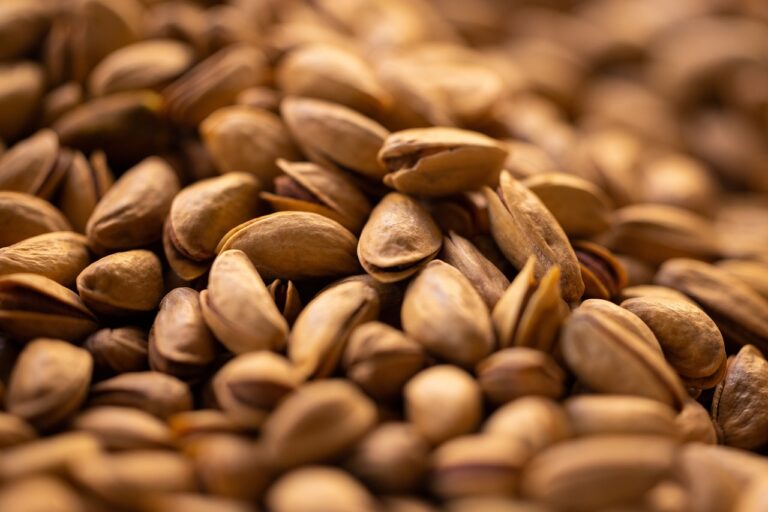The Future of AI in Food Quality Control
In the food industry, AI technology advancements have revolutionized various aspects of production and quality control. Machine learning algorithms are being used to analyze vast amounts of data to improve food safety and consistency in products. These AI systems can detect anomalies in food production processes, helping to prevent contamination and ensuring compliance with strict regulations.
Moreover, AI technology is streamlining the supply chain and reducing waste by optimizing inventory management and predicting consumer demand more accurately. AI-powered tools are assisting in enhancing food quality inspection methods, enabling faster and more efficient evaluation of product freshness and adherence to quality standards. As AI continues to evolve, its integration into the food industry will undoubtedly lead to enhanced efficiency and improved product quality.
Challenges of Traditional Food Quality Control Methods
Traditional food quality control methods face several challenges in today’s rapidly evolving food industry. One of the main drawbacks is the time-consuming nature of these methods. Manual inspections and testing can be labor-intensive and require significant human resources, leading to inefficiencies in the production process. Additionally, these methods often lack the ability to provide real-time data, making it difficult for companies to rapidly respond to quality issues or changes in production.
Another challenge of traditional food quality control methods is their reliance on subjective assessments. Human inspectors may have varying opinions on what constitutes acceptable quality, leading to inconsistencies in product evaluation. This subjectivity can result in inaccurate assessments of food quality, potentially leading to the release of substandard products into the market. The lack of standardized criteria and reliance on personal judgment can also make it challenging to maintain a consistent level of quality across different batches or production lines.
What are some challenges of traditional food quality control methods?
Some challenges of traditional food quality control methods include human error, time-consuming processes, and inconsistency in results.
How can AI technology advancements help improve food quality control in the industry?
AI technology advancements can help improve food quality control by providing faster and more accurate results, reducing human error, and increasing efficiency in the process.
Are traditional food quality control methods becoming obsolete in the face of AI technology advancements?
While traditional food quality control methods are still widely used, AI technology advancements are becoming increasingly popular in the industry due to their efficiency and accuracy.
What are some examples of AI technology being used in food quality control?
Examples of AI technology being used in food quality control include machine learning algorithms for detecting contaminants, computer vision systems for inspecting food products, and predictive analytics for monitoring food safety.
How can companies transition from traditional food quality control methods to AI technology?
Companies can transition from traditional food quality control methods to AI technology by investing in the necessary tools and training for their employees, conducting pilot tests to assess the technology’s effectiveness, and gradually implementing AI solutions into their existing processes.







